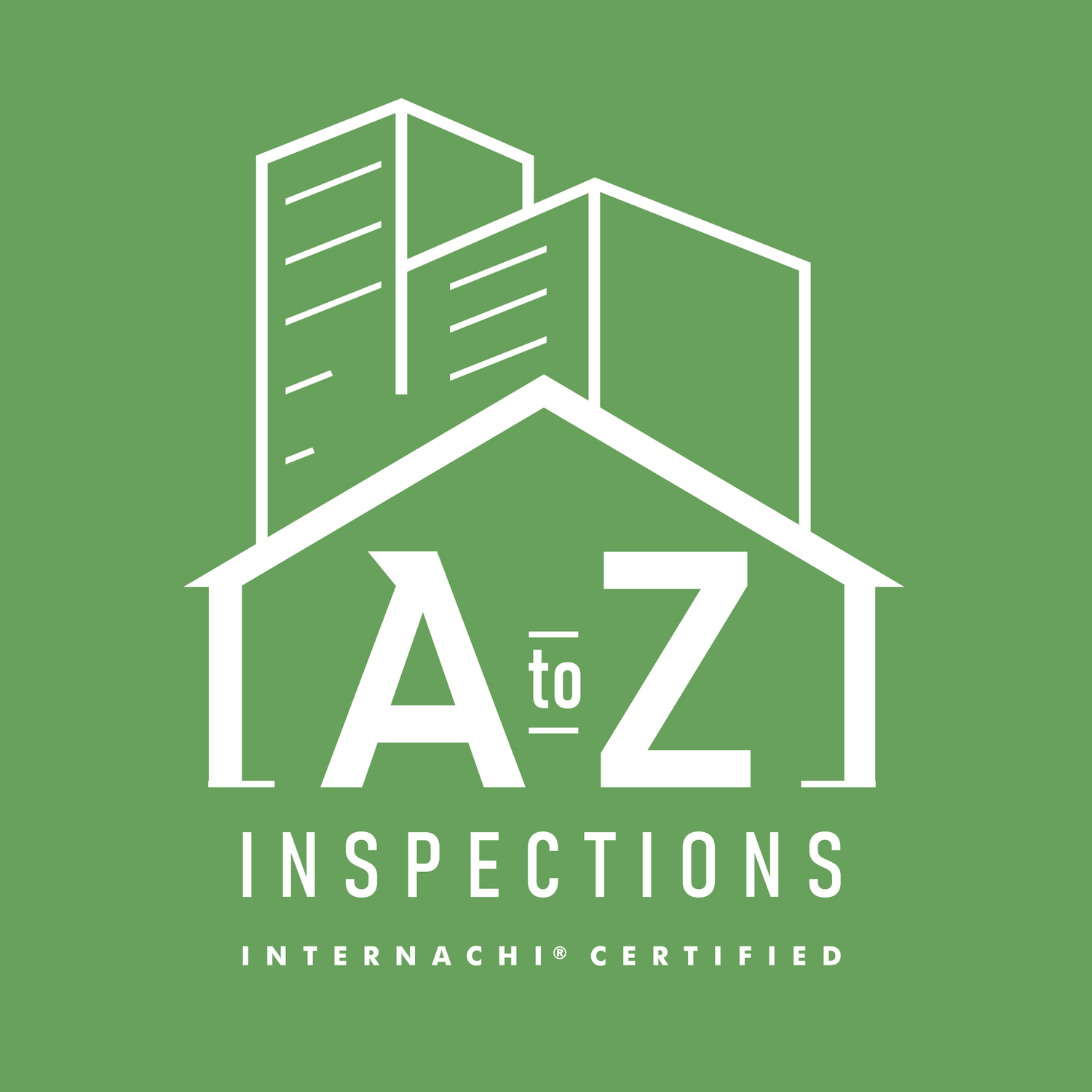Thermal Imagng
Our Infrared Inspection Capabilities
We utilize advanced infrared technology to provide comprehensive inspections for a variety of needs:
- Roof Integrity: Our detailed thermal scans identify hidden leaks, moisture accumulation, and insulation deficiencies, crucial for maintaining the integrity of commercial buildings, high-rise structures, and distribution facilities.
- Electrical Reliability: We pinpoint overheating components and faulty connections, mitigating the risk of electrical fires and system failures.
- Mechanical Optimization: Our inspections reveal signs of wear, misalignment, and excessive heat, ensuring your mechanical systems operate at their best.
- Energy Conservation: We identify thermal anomalies that indicate energy loss, helping you implement strategies for greater efficiency and reduced energy consumption.
Why Partner with Us?
Expertise You Can Trust: Our highly trained team provides accurate and actionable results through in-depth thermal imaging analysis.
Advanced Technology for Superior Detection: We utilize state-of-the-art infrared equipment to uncover hidden problems that would otherwise go unnoticed.
Fast and Dependable Service: We are committed to delivering timely inspections and reports.
Solutions Tailored to Your Needs: We customize every inspection.
Your Success Is Our Priority
We’re dedicated to providing you with the confidence to make informed decisions. From facility management to equipment troubleshooting and compliance, our infrared inspections give you the insights to stay proactive.
Get Started with Confidence
Ready to uncover the unseen? Contact us today to learn more or to schedule an infrared inspection. Let A to Z Commercial inspections be your trusted partner in thermal imaging solutions.
Frequently Asked Questions
Buying or selling a commercial property can be a complex process, but we’re here to ensure you know exactly what to expect during your commercial inspection.
A commercial inspection includes evaluating the property’s structural integrity, such as foundation issues, roof condition, plumbing, electrical systems, HVAC, insulation, windows, doors, and compliance with building codes. Depending on the size and complexity of the property, a commercial inspection typically takes 3-4 hours.
Make sure all areas of the property are accessible, including storage rooms, electrical panels, HVAC units, and any mechanical spaces. Clear any clutter around the building’s perimeter, as well as access points like utility rooms, basements, and rooftops. Test the functionality of key systems, such as HVAC, plumbing, and electrical, and ensure that any appliances or equipment are in working order. If you won’t be present during the inspection, ensure the inspector has access to the building and that any security systems are accounted for.
A commercial property doesn’t technically pass or fail an inspection. Instead, the inspection serves as a detailed evaluation of the property’s condition. In most cases, the inspector will identify concerns in the inspection report, but these are meant to inform you of potential issues or areas in need of attention.
A commercial inspection can impact appraisals in two ways: 1) The inspector may discover issues with the property that could lower its value, such as structural damage or outdated systems, and 2) The inspector might identify areas that need repairs or upgrades, which could potentially increase the property’s value. If the inspection reveals necessary repairs, the property owner will need to decide whether to address them before sale or pass them onto the buyer. If the buyer chooses to purchase the property, they must be prepared to cover the cost of any required repairs.
